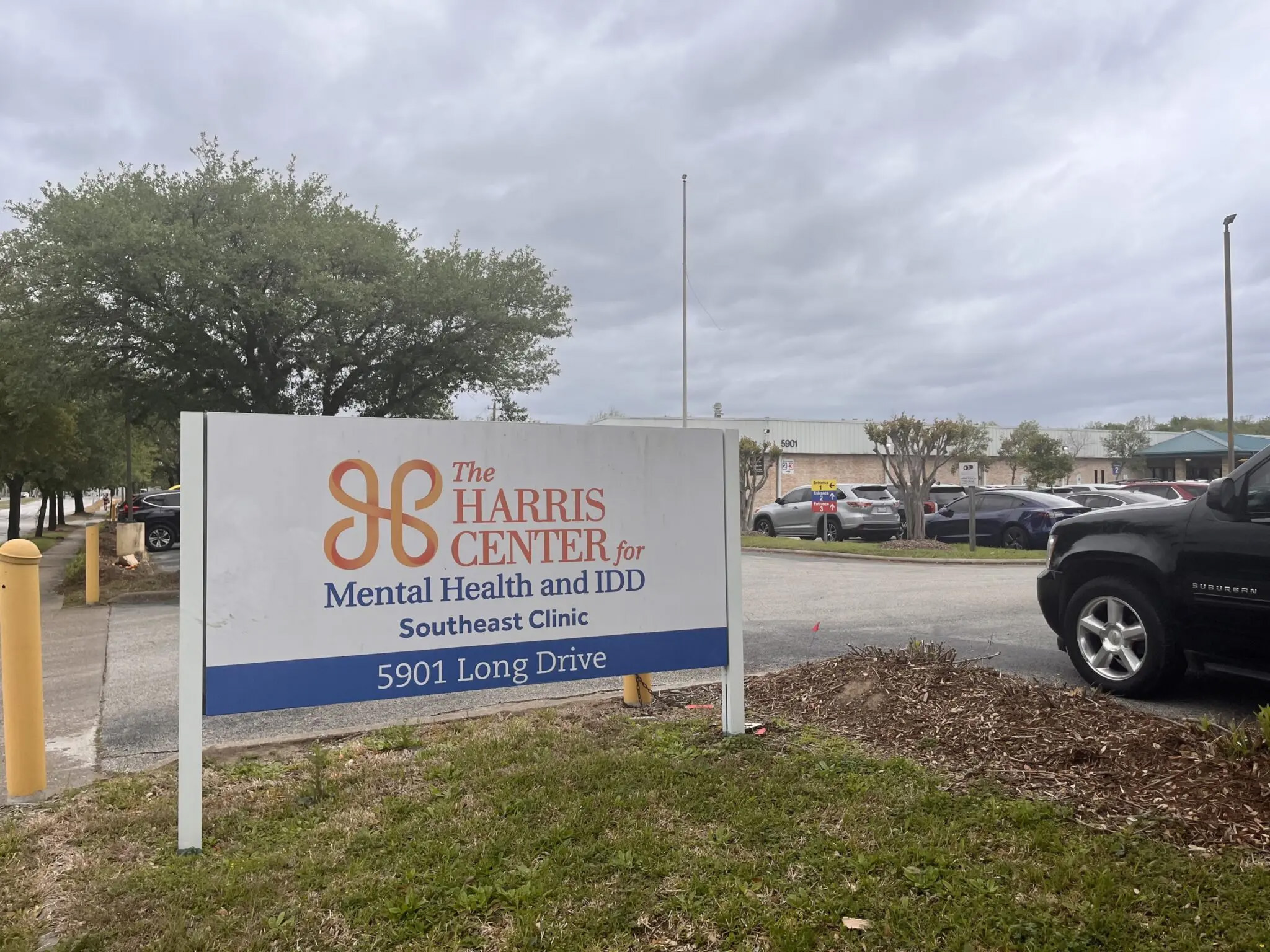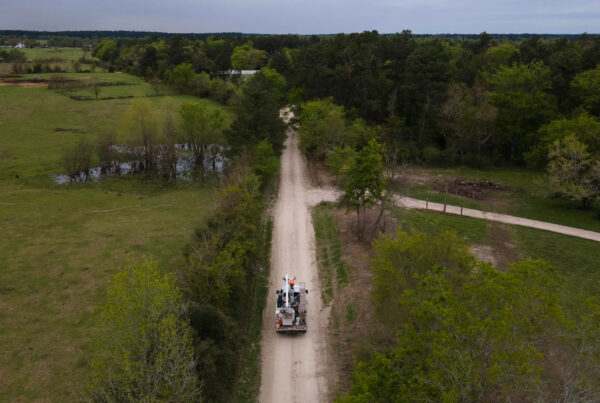Content warning: this story talks about suicide and severe mental illness.
When Ca’Sonya Thomas was 45 years-old, she started hearing voices. It was a few weeks after one of the most traumatic events of her life in 2016 — her husband jumped off a bridge in Austin. After making the choice to take him off life support, she had a nervous breakdown.
“I was hearing him and I just didn’t want to let him go,” Thomas said. “I knew there was something wrong with me to be hearing his voice.”
The voices that people with psychosis hear can sometimes be friendly or benign, but in Thomas’ case, the experience was extremely distressing.
“(The voice) will sometimes break me down into tears when it won’t stop or when it says things that are really ugly,” said Thomas. “It’ll tell me it was my fault that Joshua died.”
Thomas couldn’t control the voices and knew she needed help. She called the suicide crisis hotline, which is now the three-digit number 988, and was connected to the local mental health authority in Austin called Integral Care.

Ca’Sonya Thomas was a client at Integral Health with the coordinated specialty care team.
Courtesy of Ca’Sonya Thomas
Soon, she began working with a Coordinated Specialty Care team that helps people in the first two years of experiencing psychosis or symptoms like hallucinations and hearing voices. The team takes a holistic approach to recovery that doesn’t just focus on medication and psychotherapy, but also helps clients get a job, stay in school and improve their physical health.
Thomas had at least 5 people on her team — a psychiatrist who helped her find the right medication, a counselor to learn coping skills, a nutritionist, a personal trainer and a peer support specialist, someone who has lived experience with recovering from mental illness.
The Harris Center in Houston is the largest provider of Coordinated Specialty Care in Texas. The first two teams piloted in 2014. Now it houses 4 total teams.
April Macakanja, who leads these teams, said that the program focuses on whatever goals the client defines for themselves.
“The client is the driver,” Macakanja said. “You tell us what you want, we will tell you what we offer. You want a job, wonderful. You want to live on your own, our care coordinator is going to provide you with all the skills training.”
Macakanja said team members are very hands-on — going grocery shopping with clients, exercising together or sitting in on doctor’s appointments as a patient advocate.
The Harris Center also provides support services for family members and loved ones.
“Family members are lost, it doesn’t make sense to them either,” said Macakanja. “‘You told me you were hearing voices. I don’t know what to do. I’m going to take you to the hospital.’ We’re actually here to say that probably never needed to happen. You can hear voices and not have to be hospitalized.”
Hospitalization is often traumatizing because patients have their rights taken away, posing more obstacles to recovery.
Stigma is also a big barrier to recovery, not just from the outside world but also internalized stigma.
“Tell somebody 20 years ago, ‘you have schizophrenia, and you can have a job,’ they’re gonna laugh at you in the face and say, ‘no, I’m disabled,'” said Macakanja. “That’s not where we are now at all. We see the value in you and that never went away just because you started having psychotic experiences.”
Mackanja said over 75% of her clients are either in school or working.
Early data shows a 60 percent drop in hospitalizations and crisis unit admissions after just 6 months of care, according to Sam Reznik, a research associate at the Early Psychosis Intervention Network in Texas (EPINET-TX), which is collecting data from various teams operating in Texas.
The data also shows a 20 percent decrease in symptoms based on client surveys after 6 months. The full program can last two or three years.
Reznik said a white paper with these preliminary results will soon be published.
Results like these are why teams have rapidly expanded in Texas over the past 10 years. 37 teams are currently up and running, however that still represents a massive shortfall compared to the recommended number.
200 teams are needed to meet statewide demand, according to The Meadows Institute for Mental Health. 95 counties in Texas have zero access with the biggest need in rural parts of the state.














